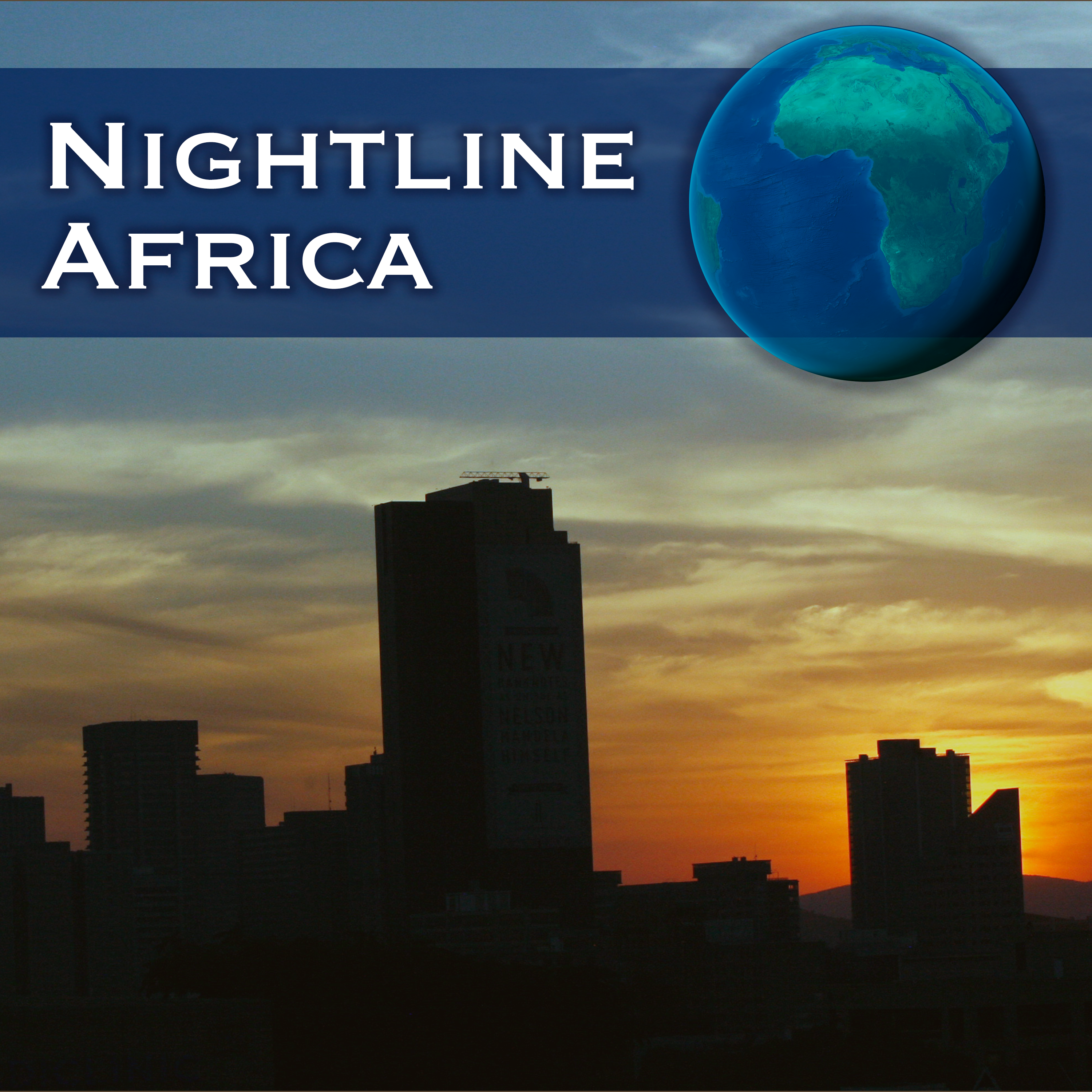
Nightline Africa - November 03, 2024

Nightline Africa - VOA Africa
Deep Dive
Why is North Carolina considered a key swing state in the U.S. presidential election?
North Carolina is one of seven swing states that could determine the next U.S. president due to its closely divided electorate. Black Americans make up 22% of the population, and their votes could decide who wins the state's 16 electoral college votes. Both Kamala Harris and Donald Trump have heavily campaigned there, with Harris receiving support from former President Barack Obama.
What are the main concerns of African American voters in Charlotte, North Carolina?
African American voters in Charlotte prioritize issues such as women's rights, LGBTQIA+ rights, general civil rights, and the protection of African American communities. They also emphasize the importance of affordable living costs and fair treatment by law enforcement, particularly regarding the treatment of African American young men.
What is the significance of the African Energy Week in Cape Town?
The African Energy Week in Cape Town is a major event aimed at driving energy development and growth in Africa. It brings together stakeholders to promote Africa as a destination for energy investments, with deals worth about $18 billion expected to be signed. The event focuses on reducing energy poverty, ensuring a just energy transition, and addressing climate justice issues.
What measures has California taken to regulate AI-generated misinformation during the election?
California has enacted laws requiring social media platforms to screen election-related videos for machine-generated content and either remove or label them as manipulated. The laws aim to counter misinformation but have raised concerns about free speech. Content that is satire or parody is exempt, but critics argue the laws may unduly restrict speech by placing the burden on platforms to police themselves.
What are the main foreign threats to the U.S. election, according to intelligence agencies?
U.S. intelligence agencies identify Russia, Iran, and China as the primary foreign threats to the election. Russia aims to see Donald Trump return to the White House, Iran seeks to harm Trump and help Kamala Harris, and China focuses on influencing congressional races. These countries have been accused of spreading misinformation and inciting chaos, though their effectiveness in changing minds remains limited.
What is the purpose of Liberia's new National Civil Service Testing Center?
Liberia's National Civil Service Testing Center aims to ensure a merit-based recruitment process in the government bureaucracy. It introduces a computer-based testing system to replace the outdated paper-based process, enhancing transparency and accountability. The system ensures that only qualified individuals are hired, addressing past issues of incompetence and lack of qualifications in critical government positions.
Why did the Botswana Democratic Party lose the recent election after 58 years in power?
The Botswana Democratic Party lost the election due to widespread perceptions of arrogance, complacency, and self-interest among its leaders. Former President Seretse Khama Ian Khama attributed the loss to the party's failure to address internal issues and its leaders' detachment from the people. The party's defeat marked a significant shift in Botswana's political landscape after nearly six decades of dominance.
What is the goal of the newly formed Law Society in Sierra Leone?
The Law Society in Sierra Leone aims to defend the rule of law and democracy, complementing the efforts of the Sierra Leone Bar Association. It was formed in response to declining confidence in the legal sector and accusations of lawyers' silence during past injustices. The group seeks to address governance challenges and promote accountability within the legal profession.
- North Carolina is a swing state influencing the US Presidential election.
- African American voters comprise 22% of the population and hold significant sway.
- Both Democratic and Republican candidates actively campaign in North Carolina.
- Voter concerns include women's rights, cost of living, and police brutality.
Shownotes Transcript
Join our host and correspondents from Washington and across Africa as they bring you in-depth interviews, news reports, analysis and features on this 60-minute news magazine show.